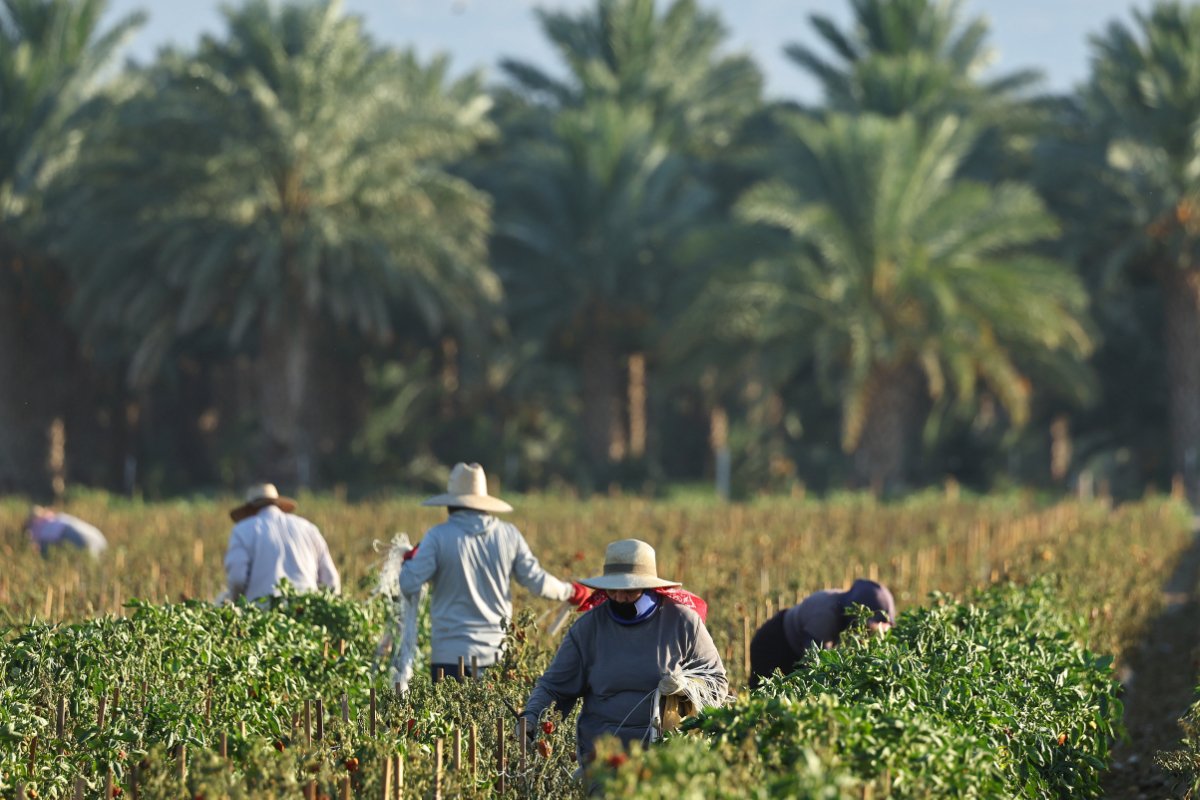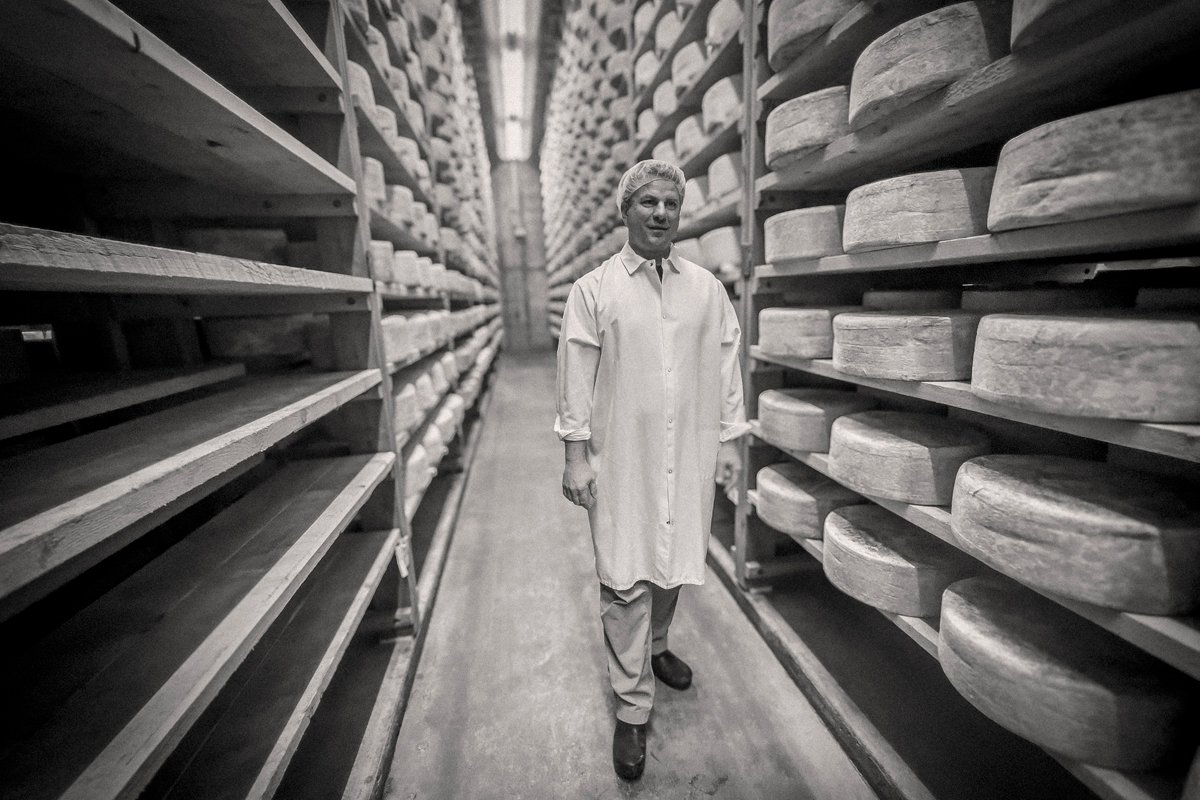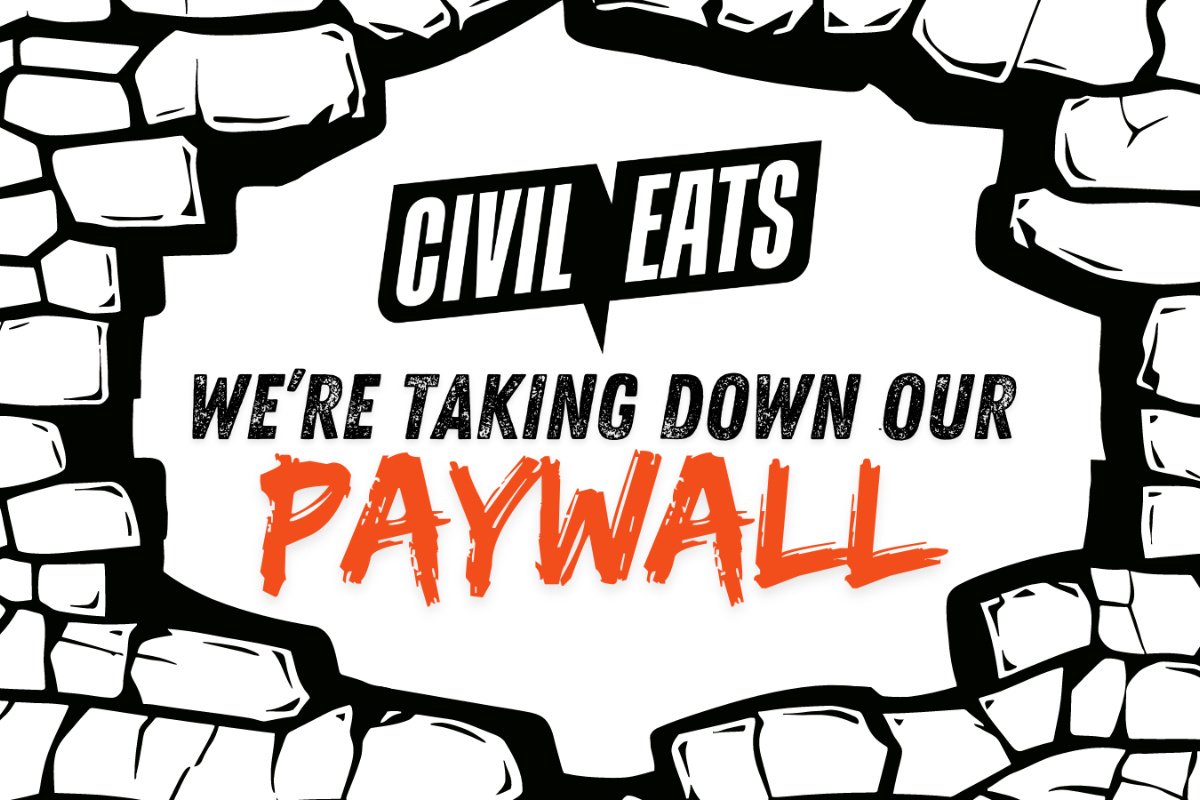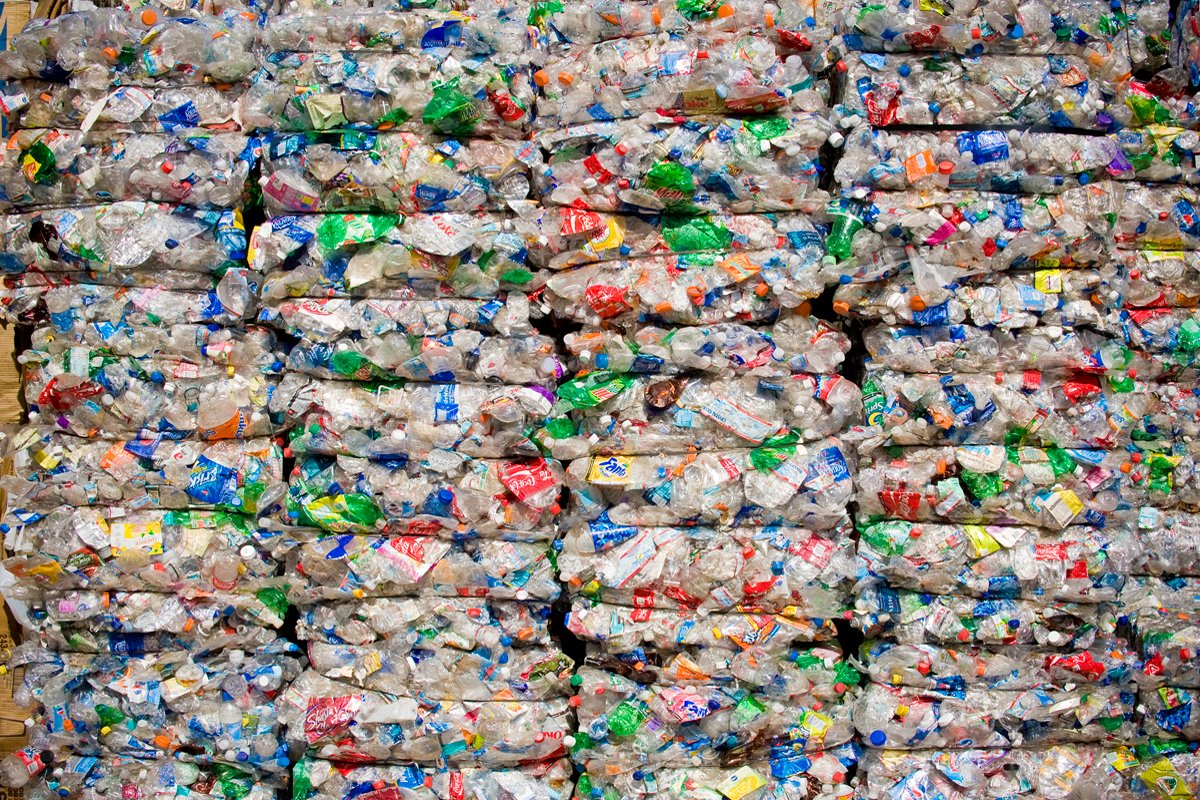Also in this week’s Field Report: Drinking problems on the farm, Kamala Harris gets a farmworker endorsement, and more.

Also in this week’s Field Report: Drinking problems on the farm, Kamala Harris gets a farmworker endorsement, and more.
July 24, 2024

Farmworkers wear protective clothing while working in a field in the morning heat on July 3, 2024 near Coachella, California. (Photo credit: Mario Tama, Getty Images)
For years, U.S. farmworkers have been pressuring Kroger, the nation’s largest supermarket, to come to the table to establish stronger labor protections on the farms supplying its fruits and vegetables. Specifically, the Coalition of Immokalee Workers (CIW), a worker rights organization in Florida, has repeatedly asked Kroger to join its Fair Food Program, which has implemented the strongest heat protections in the nation.
Farmworkers took this a step further at Kroger’s annual shareholder meeting in late June, directing their plea for stronger human rights to the major financiers whose dividends depend on the under-recognized labor of farmworkers. They called upon the company’s shareholders—whose top investors are Vanguard, BlackRock, and Berkshire Hathaway—to support a proposal that Kroger publish a “just transition” report examining “how the risks to workers are changing due to rising temperatures” in its agricultural supply chain.
In a speech at the meeting, Gerardo Reyes Chavez, a former farmworker and current organizer with CIW, painted a picture for shareholders of the stark reality faced by U.S. farmworkers laboring under record-breaking temperatures—with no mandatory right to shade, water, or breaks in most states. The proposal, introduced by Domini Impact Investments, one of Kroger’s shareholders, adds pressure to the company to address these growing risks.
“Kroger’s current supplier policies contain vague expectations and do not include binding obligations that effectively keep workers safe.”
“We must establish the gravity, indeed, the dire urgency of this resolution. The stakes of a just transition for Kroger are nothing less than life or death for the farmworkers who put food on all our tables,” Chavez said in his address to the shareholders. “Even just taking a break to drink water has been met with harassment and violence from a supervisor. I know this because it is the reality I myself have lived as a farmworker.”
Kroger did not respond to a request for comment by press time.
Meanwhile, earlier this month, the Biden administration unveiled a heat protection rule, the first federal standard of its kind, which would require employers develop an emergency plan for heat illness and provide outdoor workers with shade, water, rest breaks, and training to manage and identify heat risks. But its pathway to implementation is murky. The rule likely won’t be finalized until the end of the year. Also, it may be halted under a Trump administration, and it will likely be challenged in court by industries already fighting it.
Currently, only four states—California, Oregon, Washington, and Colorado—have mandated similar rules to protect farmworkers from extreme heat. In the meantime, the consequences are dire: Farmworkers are 35 times more likely to die of heat stress compared to workers in other industries.
The investors supporting the proposal claim that Kroger’s existing policies are failing to protect workers from climate risks and other human rights abuses, pointing to the death of a worker at Kroger’s distribution center from heat stress in 2023. Investors also cited Kroger’s track record of supplying from multiple farms linked to modern-day slavery, including sourcing from a watermelon farm in Florida where workers—held against their will in a barbed-wire encampment—escaped by hiding in the trunk of a car.
“Kroger’s current supplier policies contain vague expectations and do not include binding obligations that effectively keep workers safe. For monitoring, Kroger relies on social audits or voluntary self-assessments, which have been widely critiqued and discredited for their failure to deliver human rights outcomes and remediate harms,” states the proposal.
Instead, the proposal encourages Kroger to join the CIW’s Fair Food Program, which it describes as “the only farmworker program with a demonstrated track record of success in protecting farmworkers in U.S. agriculture from climate-related risks.” (Previously, Domini Impact Investments filed a proposal asking Kroger to join the Fair Food Program as a pilot program, but it was determined to be against SEC rules.)
The Fair Food Program offers binding labor protections through a contract between farmworkers, farmers, and major food retailers, which is monitored by an independent council that operates a 24/7 trilingual complaint line. The program has been widely recognized for rooting out some of the most persistent abuses, including sexual assault and forced labor, that often plague corporate supply chains. The shareholder proposal asks Kroger to examine how its current policies compare to the Fair Food Program.
The investors’ proposal also took issue with the company’s “siloed approach” to environmental issues without considering workers. For instance, “Kroger’s recently released nature-based strategy, developed to reduce pesticides with the goal to protect pollinators and biodiversity, does not make any mention of farmworkers who apply pesticides,” shareholders noted in the proposal. It’s estimated that pesticide exposure unintentionally kills around 11,000 people per year, particularly farmers and farmworkers.
In the end, despite Chavez’s plea, just over 80 percent of shareholders voted against the proposal; while 460 million shareholders voted against the proposal, 98 million voted for it. Prior to the annual meeting, Kroger’s board of directors had advised its shareholders to vote against adopting the proposal, according to SEC filings.
“We will continue to encourage Kroger to join the Fair Food Program, because we think it will deliver meaningful human rights outcomes.”
“The company already provides robust annual reporting on sustainability and social impact topics and engages stakeholders to inform content,” stated Kroger’s board of directors, citing the company’s existing environmental, social, and governance (ESG) strategy. “People are at the heart of Kroger’s purpose-driven approach and shared-value ESG strategy: Thriving Together. As outlined in our ESG report, we aim to advance positive impacts across three strategic pillars—people, planet, and systems.”
Mary Beth Gallagher, the director of engagement with Domino Impact Investments, the company behind the shareholder proposal, was still encouraged by the percentage of shareholders who voted in favor of adopting her proposal. “It signals that enough of their investor base sees this as a risk that they should be managing differently,” she told Civil Eats.
“We will continue to encourage Kroger to join the Fair Food Program, because we think it will deliver meaningful human rights outcomes,” Gallagher said. “It will protect against this risk, and it will strengthen its human rights programs and performance.”
Read More:
As the Climate Emergency Grows, Farmworkers Lack Protection from Deadly Heat
Florida Banned Farmworker Heat Protections. A Groundbreaking Partnership Offers a Solution.
Nighttime Harvest Protect Farmworkers From Extreme Heat, but Bring Other Risks
Major Farmworker Union Endorses Vice President Kamala Harris. The United Farm Workers, the largest farmworker union in the U.S., endorsed Vice President Kamala Harris just hours after she announced her campaign for U.S. president. “Kamala Harris stood with farmworkers as CA’s attorney general, as U.S. senator, and as vice president. There is work to be done, and we’re ready. Sí, se puede!” said the union on the social platform X. The endorsement came hours after President Joe Biden’s departure from the race on July 21.
Read More:
What a Surge in Union Organizing Means for Food and Farm Workers
How Four Years of Trump Reshaped Food and Farming
U.S. Farmers Turn to Drinking When Stressed. A new study from the University of Georgia found that one in five U.S. farmers use excessive alcohol to cope with high levels of stress. “It really is a public health issue because there are drastic, traumatic outcomes associated with not being able to ask for that care, using alcohol to cope, and then feeling hopeless,” Christina Proctor, the study’s lead author, said in a press release. She identified mental health care stigma and lack of rural healthcare access as barriers to farmers receiving the care they need.
Read More:
Can Farmers Help Each Other Navigate Mental Health Crises?
Climate Anxiety Takes a Growing Toll on Farmers

September 4, 2024
By paying top dollar for milk and sourcing within 15 miles of its creamery, Jasper Hill supports an entire community.
September 3, 2024

August 27, 2024

August 26, 2024

Like the story?
Join the conversation.